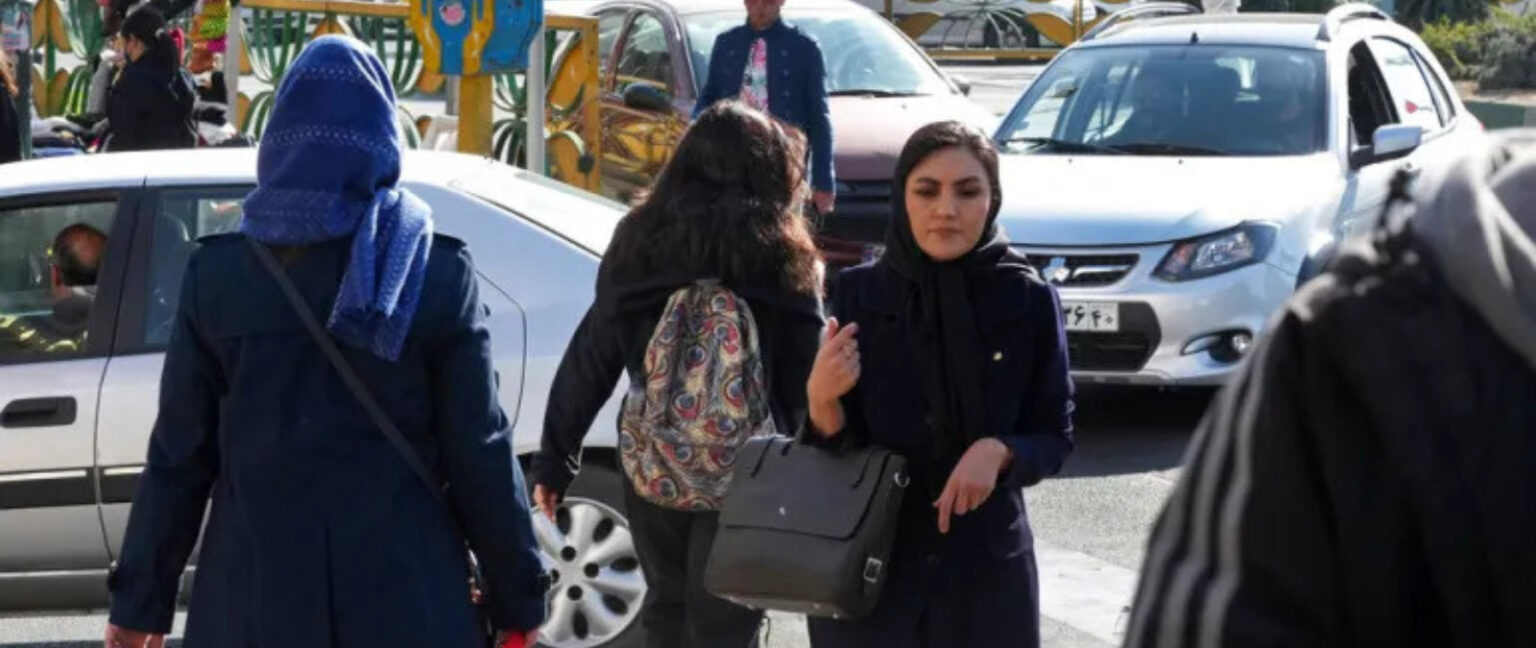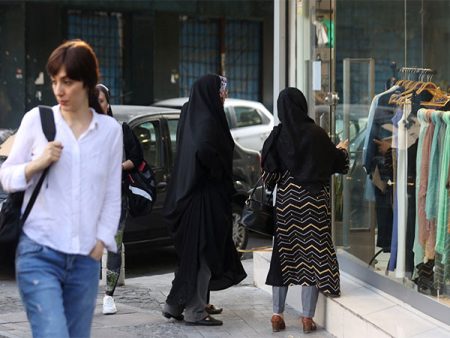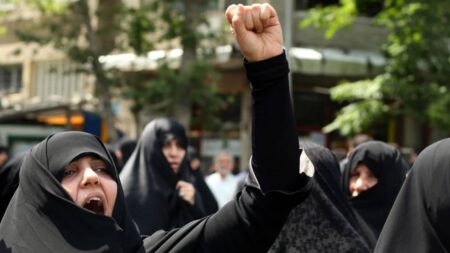Iran’s parliament recently approved a new “hijab and chastity” law that specifies the consequences for violating the nation’s required clothing code, particularly for women.
On a trial basis, parliamentarians passed the three-year term of the measure on Wednesday. 152 lawmakers voted in favor, 34 opposed, and 7 abstained. The bill would need to be approved by the Guardian Council, a strong oversight body made up of clerics and legal experts, before it could be put into effect.
The months-long-in-the-making legislation’s implementation was not presented to a vote in parliament. It was authorized by a special committee of 10 lawmakers last month.
A constitutional provision allowing the creation of a committee to approve laws for “experimental” implementation was used at the time by parliamentarians. The period was all that was decided in the parliament on Wednesday. The law specifies new guidelines for how Iranians must adhere to the nation’s mandated dress code, which has been in effect since shortly after the 1979 revolution, notably for women.
What is the latest revision to the hijab law?
Image source: AFP
According to the most recent version of the law, which was made public in the local media, “revealing or tight clothing, or clothing that shows parts of the body lower than the neck, above the ankles, or above the forearms” has been designated as improper covering for women.
“Revealing clothing that shows parts of the body lower than the chest or above the ankles or shoulders” is how it is described for guys.
Additionally, it establishes new penalties for those who are found to have broken the rules.
The bill’s more than 70 articles define a range of financial penalties for wearing the hijab, which may be increased to prison terms if done so deliberately and in coordination with “foreign governments, networks, media, groups, or organizations” or individuals connected to them.
If it is determined that a company or its owner is promoting “nudity, lack of chastity, or bad covering” in any way, they could face harsh penalties, travel restrictions, or even prison sentences.
The measure also specifies additional responsibilities for a variety of government, law enforcement, and military agencies to ensure that they and their staff properly adhere to the required hijab standards and do all in their power to prevent or identify cases of infringement.
Death anniversary of Mahsa Amini
Image source: AP
The bill was passed just a few days after Mahsa Amini, a 22-year-old woman from the Kurdistan region of northwest Iran who passed away while being held by Tehran’s police on the first anniversary of her passing.
Her killing, which followed her detention by morality police for allegedly breaking the required dress code, provoked widespread riots that lasted for months and resulted in the deaths of hundreds.
Morality police vehicles made a formal comeback last month after mainly disappearing during the protests from the streets of Tehran and other cities.
Authorities have taken a number of actions in recent months to combat an upsurge in the number of women who are removing their hijabs online and in public.
These have included the use of smart cameras, fining vehicle owners and then seizing the vehicles for persistent infractions, filing lawsuits against famous people, and closing down businesses for hiring women who are believed to be in violation of mandatory dress regulations.
Israeli envoy to UN kicked out of UNGA hall after showing Mahsa Amini’s photo
Image source: Reuters
Gilad Erdan, Israel’s ambassador to the UN, departed the General Assembly Hall on Tuesday as soon as Iranian President Ebrahim Raisi started speaking.
The image of Mahsa Amini, who was brutally killed a year ago by the Iranian regime for failing to properly cover her hair, was on display as Ambassador Erdan exited the room.
The passing of Amini sparked a surge of anti-government demonstrations in Iran.
After the protest, the Ambassador and the rest of the Israeli delegation were escorted out of the room.
















